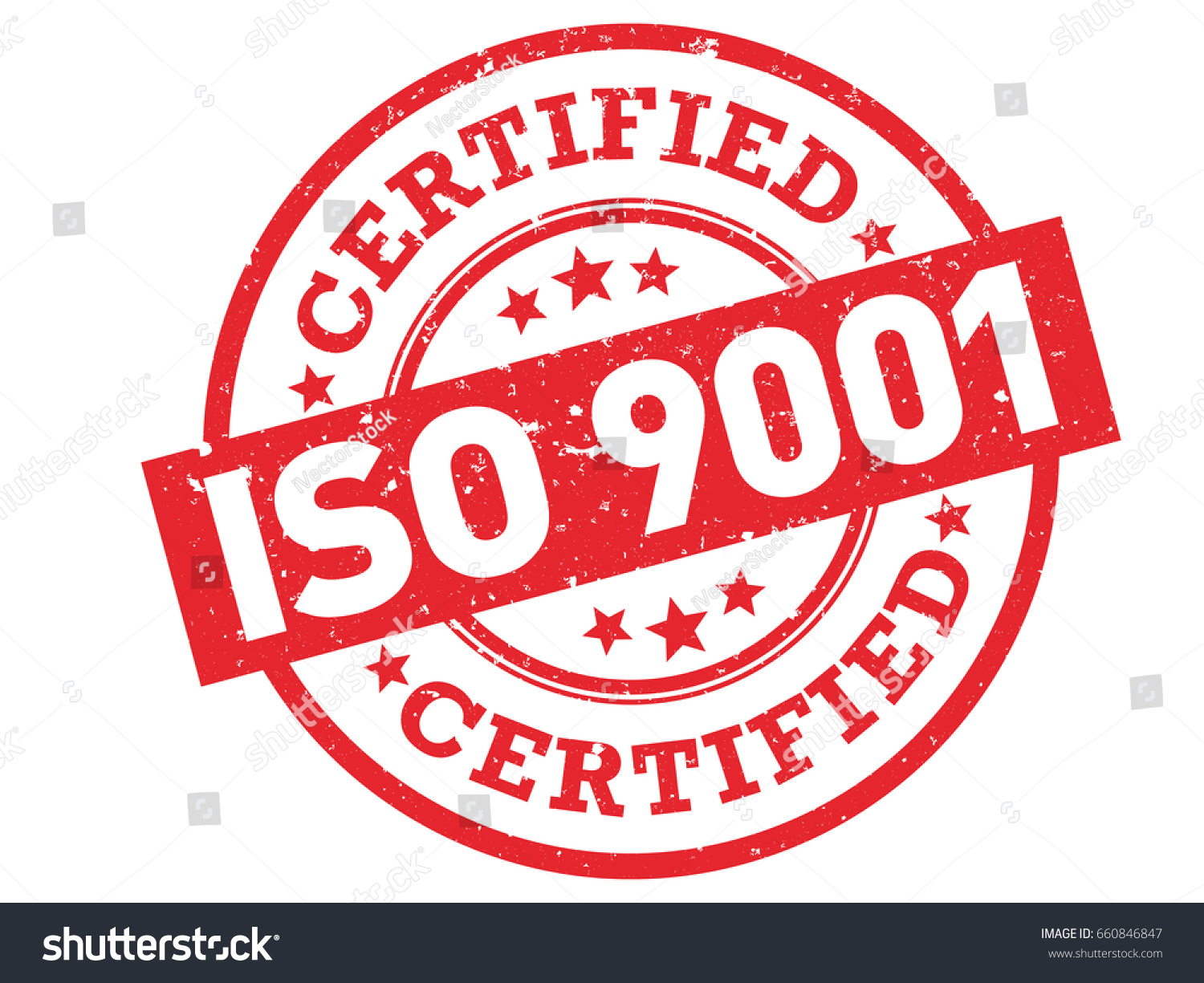
For the entire 2016, more than 1,000,000 ISO 9001 certificates were issued worldwide, and more than 400,000 in European countries. Every year their number increases according to statistics from the International Organization for Standardization ISO, although their receipt is a purely voluntary procedure. Why is this happening? After all, not every enterprise needs this document, but these are costs and additional actions. To understand how important a certified ISO 9000 quality management system is, you need to understand information about the real reasons for its design.
Who needs ISO 9001 certification?
This document will be needed in different situations and areas of activity. It confirms that the quality management system at a particular enterprise meets the requirements of the standard. Its presence additionally indicates the responsibility of top management and effective management, albeit in separate processes. Such a certificate will be needed in the following cases:
- To work with other certified organizations;
- To improve status among consumers, competitors, and partners;
- To participate in tenders, including government ones;
- To comply with certain legal requirements.
In an environment with a high level of competition, a certificate can become one of the tools for promoting products and services. Especially if it is obtained from an organization with a good reputation. This is also relevant for specific activities, since certification according to other standards is often required, and ISO 9001 certification can be easily combined with them and used as a foundation for construction.
Interesting
In 2016, the most certificates were issued for enterprises in the field of manufacturing metal products (116,457 pcs.), construction was in second place (87,605 pcs.), trade, repair of vehicles, and household appliances were in third place (79,492 pcs.). In 2015, second place was occupied by the production of electrical and optical equipment (75,260 units).
Having received such a document, the enterprise moves away from the outdated management system and many internal bureaucratic procedures, which facilitates interaction with other certified organizations. The reason for this is the generally standard approach to quality management.
The legislation of many countries forces those who want to participate in government tenders or orders from individual ministries to obtain a certificate. Also, for example, in Belarus, for construction organizations, the requirement to implement ISO 9001 is mandatory when concluding a general contract. However, you can also benefit from this for your company.
When can you do without a certificate?
Many companies manage without a QMS certificate, and this is normal practice. Some of them turn to specialists and build their management system using the standard, while others do not strive to build one. The following enterprises do not receive a certificate:
- with a valid and stable QMS according to ISO 9001, built for internal processes;
- with the absence of any QMS;
- With QMS according to other standards.
In the first case, the system provides quality management and can be certified at any time. For such companies, the QMS becomes a powerful management tool, and not just another bureaucratic burden for staff. In the absence of it, in principle, the reasons for refusal to register are very diverse, but some of the most common are the specifics of the company’s activities, and lack of resources (finance, time, personnel, etc.). In some industries, it is customary to be guided not by the ISO series, but by specific documents. There is also a conditional and official division by region. Details about standards for several countries are available in the ISO 9001 General information section on the website of the Quality Standard group of companies.
Recommended article:
Top Mobile App Development Company USA, Custom App Creators


